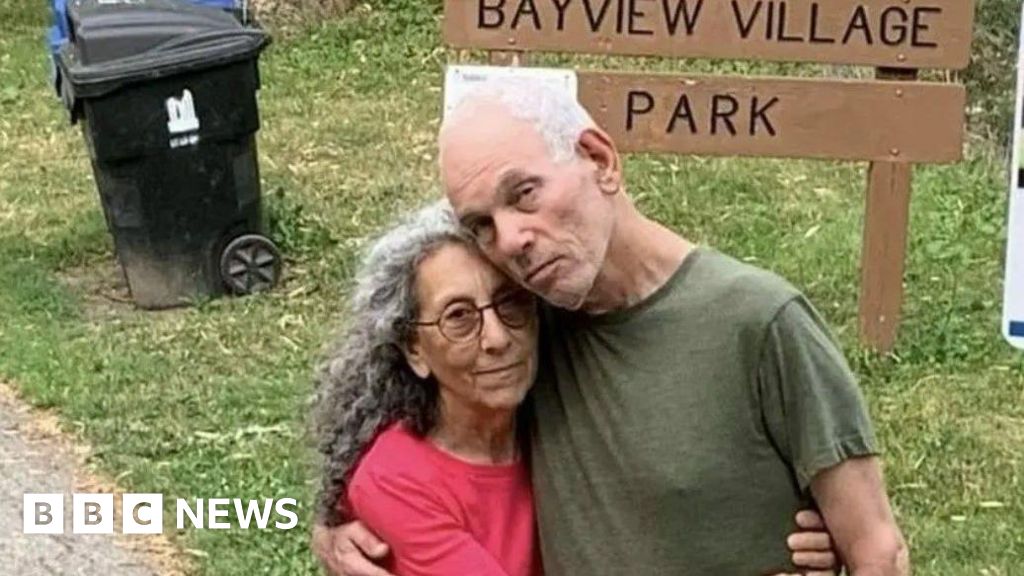ARTICLE AD BOX
Reports of the Taliban carrying out summary executions in Afghanistan are "credible", says UN Human Rights High Commissioner Michelle Bachelet.
Other rights violations, including restrictions on women and recruiting child soldiers, were also reported, she told the UN Human Rights Council.
The Taliban practised a strict version of Islamic law (Sharia) when they ran Afghanistan before 2001.
They retook the country nine days ago, with the fall of the capital, Kabul.
Since then, the militants have tried to convey a more restrained image, promising rights for women and girls and some freedom of speech.
Ms Bachelet says women's rights are a "fundamental red line" and has called on UN member states to create a dedicated body to monitor human rights in Afghanistan.
China's UN envoy said the US military and other international forces should be held accountable for rights violations committed during their time in Afghanistan.
Thousands of Afghans are still massing at Kabul airport, hoping to flee the country before 31 August. That is the deadline set by US President Joe Biden for American troops to leave Afghanistan.
The UK, France and Germany have asked for an extension.
However, UK Defence Secretary Ben Wallace has admitted that Mr Biden is unlikely to move the deadline. The Taliban have warned of unspecified consequences if he does.
"We're not going to get everybody out of the country," Mr Wallace warned.
About 50,000 people - Afghans and foreigners - have been airlifted out of Afghanistan over the past 10 days, officials say.
Mr Biden is likely to come under pressure to extend his troops' deployment around Kabul airport when he holds talks with leaders of the other G7 leading industrial countries later on Tuesday.
Without the US, which currently secures and operates the international airport, UK government ministers say evacuations from the airport cannot continue.
Thousands of people including British citizens, other foreign nationals and Afghans eligible for resettlement abroad are still waiting to get out.
Khalid, an Afghan who worked as an interpreter for the British Army, told the BBC about his relief - tinged with sadness - at leaving the country. He and his family are now in the north of England.
"When you leave your country, your people, especially your sister, your brothers, your mother, your everyone… because of those things I was sad, but now I am happy in the UK," he said.
Even before the Taliban retook control, more than 550,000 people had been forced to flee their homes this year due to fighting, according to the UNHCR, the UN refugee agency.
Meanwhile, the head of the US Central Intelligence Agency (CIA) held a secret meeting in Kabul with Taliban founder Mullah Baradar, the Washington Post reported on Tuesday.
If confirmed, it would be the highest-level meeting so far between the US and the Taliban since the fall of Kabul and the removal of the US-backed government.

 3 years ago
113
3 years ago
113








 English (US) ·
English (US) ·